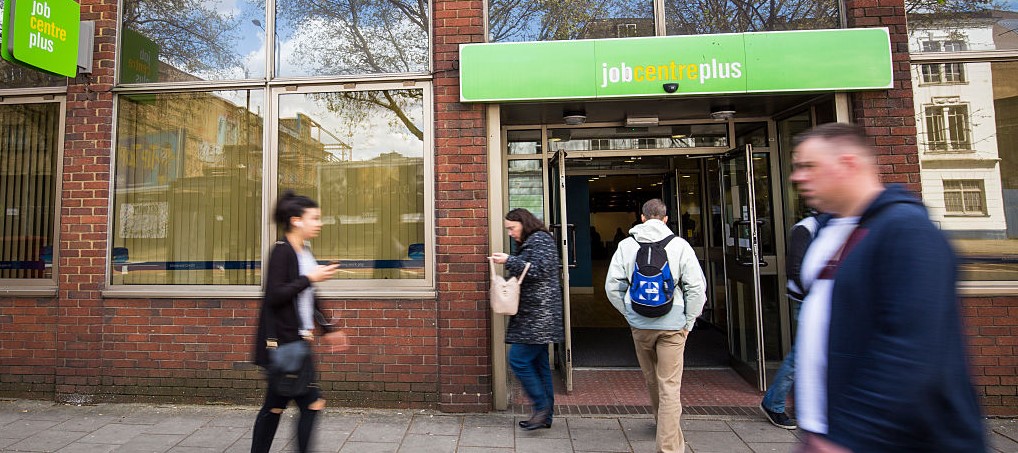Keep Goodyear in UK fight
The Goodyear Dunlop plant in Wolverhampton is productive, profitable and held up by the company as an example of how to do things right.
So why do they want to close it and move production to France and Germany?
Â
The lack of an industrial strategy and the axing of regional development agencies have hampered the campaign to keep the Goodyear Dunlop plant in Wolverhampton open, says Unite regional secretary Gerard Coyne.
But now Unite has challenged the Ohio-based US company to think again and keep the productive and profitable plant open.
Â
Goodyear Dunlop originally thought that 10 days of consultation was enough and wanted to move ahead with dismissing the 330 workers employed at the plant. It also refused the recall the company’s European Works Council.
Â
It’s been a slightly bumpier road than the tyre manufacturer was expecting. Unite has now forced a handbrake turn, with the company agreeing to part fund an analysis of the proposed closure by an independent assessor.
Â
What punctured Goodyear Dunlop’s plans was the dawning reality that consultation is not done on the basis of the decision having been made already. Even with that in mind Gerard Coyne is under no illusions as to the struggle ahead.
Â
“This plant is productive, profitable and should not close”, he told UNITElive. “If an independent assessor can get all the facts in an open and transparent manner from Goodyear we are confident no real case can be made for closure on productivity or profitability grounds.
Â
“The real problem seems to be that it is cheaper and easier to sack UK workers than in the other EU countries where Goodyear Dunlop are based. The danger is our workers’ protection is so low – with Cameron wanting it to go lower – that it’s cheaper to sack workers here, strip the factory of its kit and move it elsewhere.
“The closure costs are cheaper here. It’s more expensive than doing that in France or Germany because they are much more demanding of employers in these circumstances.
Â
No case for closure
“There is no case for closure on profitability or productivity grounds. It’s just we’re cheaper, quicker and easier to sack.
Â
“Our work as a union is made more difficult because of the lack of any industrial strategy by government. The French and the Germans would not let a company walk away with such ease, they would be all over them.
Â
“We used to be able to get the involvement of Regional Development Agencies but as these have been axed, where or who do we go to?
“There appears little willingness by the UK to respond, not a single civil servant has been up here asking questions or offering help.”
Â
Cameron and Osborne have made the right statements to the media, but so far no Whitehall boots on the ground. So far Osborne has not been fazed by this particular maker marching out of the UK and off to the eurozone.
Â
Unite has so far got the backing of community leaders, business leaders and local MP Emma Reynolds. She wrote to Osborne on 26 July, the day after the closure proposals were announced, asking him to put pressure on the company to reverse the plans and for a meeting to discuss a response.
Â
Having had no response she was surprised to read in her local paper George Osborne announcing that he had spoken to her and he was all ears. She has now asked him again for a meeting with him, the Treasury, Business department and others to take matters forward.
Â
In the meantime she has asked him for a contribution to help pay for the independent analysis of the case for closure. At the time of going to press there has been no response from Osborne, not even another press release.
Â
The DWP however, says it is standing by ready to help any worker who may be hit by closure. Given the DWPs reputation for aâ€you sack â€em, we’ll sanction them’ response it will not necessarily fill the workforce with hope.
Â
Gerard Coyne remains committed to the campaign to challenge closure. “If the company thinks they have made up their mind and it’s a done deal then we have to challenge that. Any genuine independent assessment conducted in an open and transparent way will show Goodyear Dunlop in Wolverhampton is productive and profitable.
Â
“In the longer term the government has to put in place a workable industrial strategy which supports British workers and British business. It’s not good enough for the country to just be good at creating low wage, low skill jobs in a service economy, we need to keep long-standing employers here in manufacturing.
Â
“Osborne and the Tories also have to wake up to the needs of business and workers in those areas like the West Midlands which lie between north London and the so-called northern powerhouse. We need action and not just words to keep and build on our manufacturing base,” he added.
Â
Â
 Like
Like Follow
Follow


